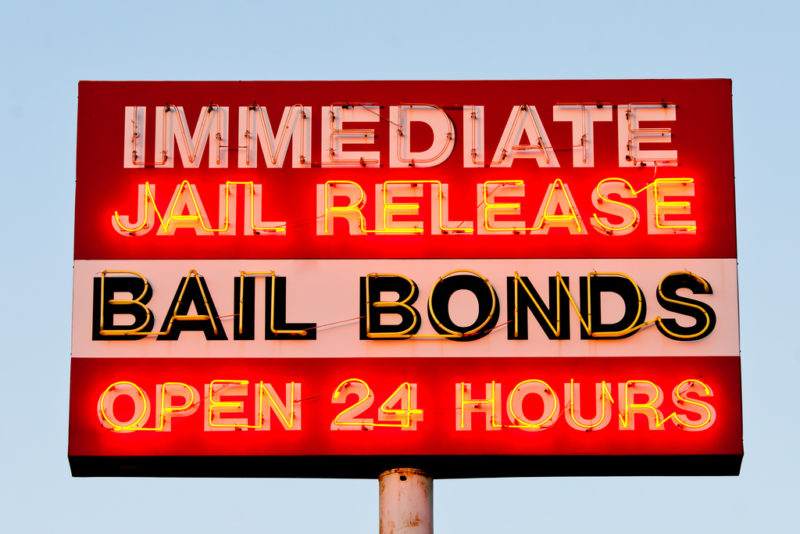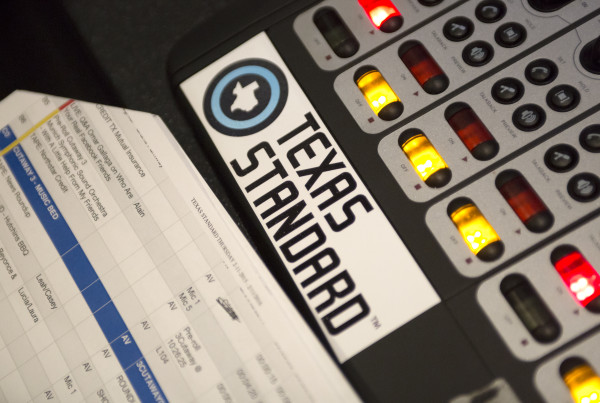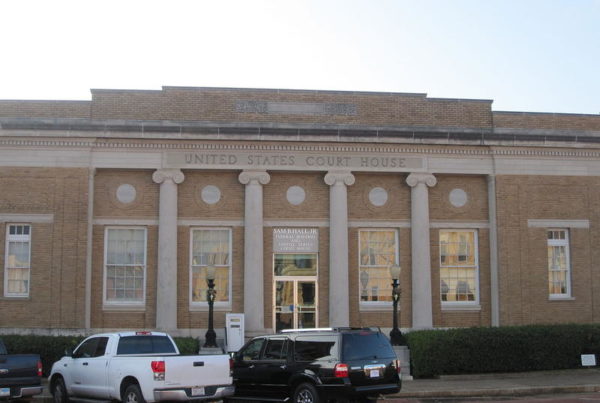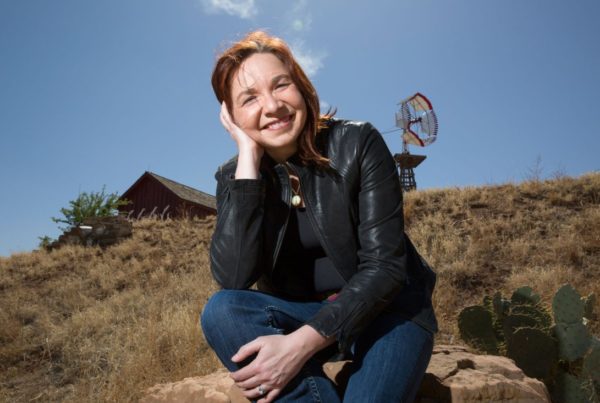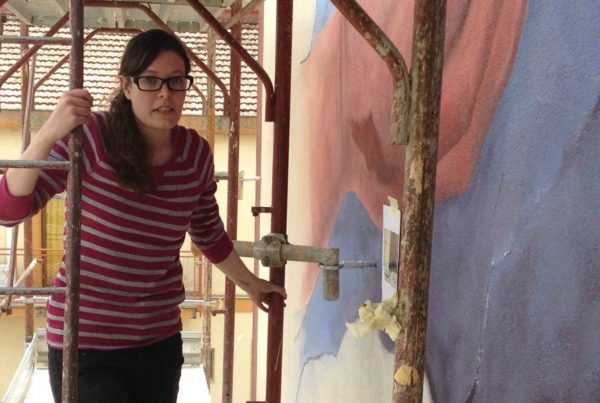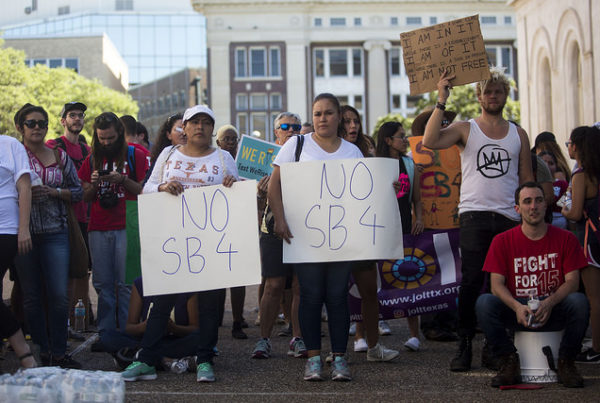If you haven’t seen the video yet, you likely will soon. It’s of two bounty hunters from Corpus Christi who tracked a fugitive from Minnesota to a car dealership outside of Dallas.
The video shows bounty hunters Fidel Garcia Jr. and Gabriel Bernal confronting fugitive Ramon Michael Hutchinson in broad daylight in what turns into a shootout with several innocent bystanders just feet away.
When the shooting was over, all three men were left dead.
The incident has raised a lot of questions about the nature of bounty hunting, a profession few people know much about.
“The entire purpose of our job is to protect the bail bond company from a forfeiture,” says Chuck Jordan, the president of the National Association of Fugitive Recovery Agents.
Jordan prefers the term fugitive recovery agent to bounty hunter because he says it’s a “more modern type of description.”
Bail bonds go into forfeiture when a defendant who was released on a bond fails to appear in court.
“The bonding company is on the hook for the entire amount,” Jordan says.
As a result, bond companies frequently ask the court for an extension so fugitive recovery agents can produce the defendant, so the company can be released from the forfeiture payment.
Jordan says fugitive recovery agents in Texas must be licensed as private investigators or be commissioned security officers for a licensed guard company. The Texas Department of Public Safety oversees the regulations for fugitive recovery agents.
Jordan says fugitive recovery agents often work autonomously.
“Obviously there are times we work together [with law enforcement] to some extent,” he says. “If someone is barricaded in the home, you try to get the police to come to handle the situation due to the liability potential.”
Jordan is not involved in the investigation of the recent incident in Texas.
“It looks to me like these two bounty hunters did everything correct,” he says. “I think they were justified in drawing their weapons and being prepared.”
Hutchinson was facing several charges including assaulting a police officer.
“I think what happened to them could just have easily happened to a police officer,” Jordan says. “You just never know; you’re dealing with some dangerous people.”
Jordan says it’s rare that a shootout would ensue when a fugitive recovery agent apprehends someone in a public place, but cautions that it’s always a possibility.
“It happens to the police departments [and] it happens to the marshals,” he says. “It’s just the risk that goes along with apprehending fugitives.”
Written by Molly Smith.


